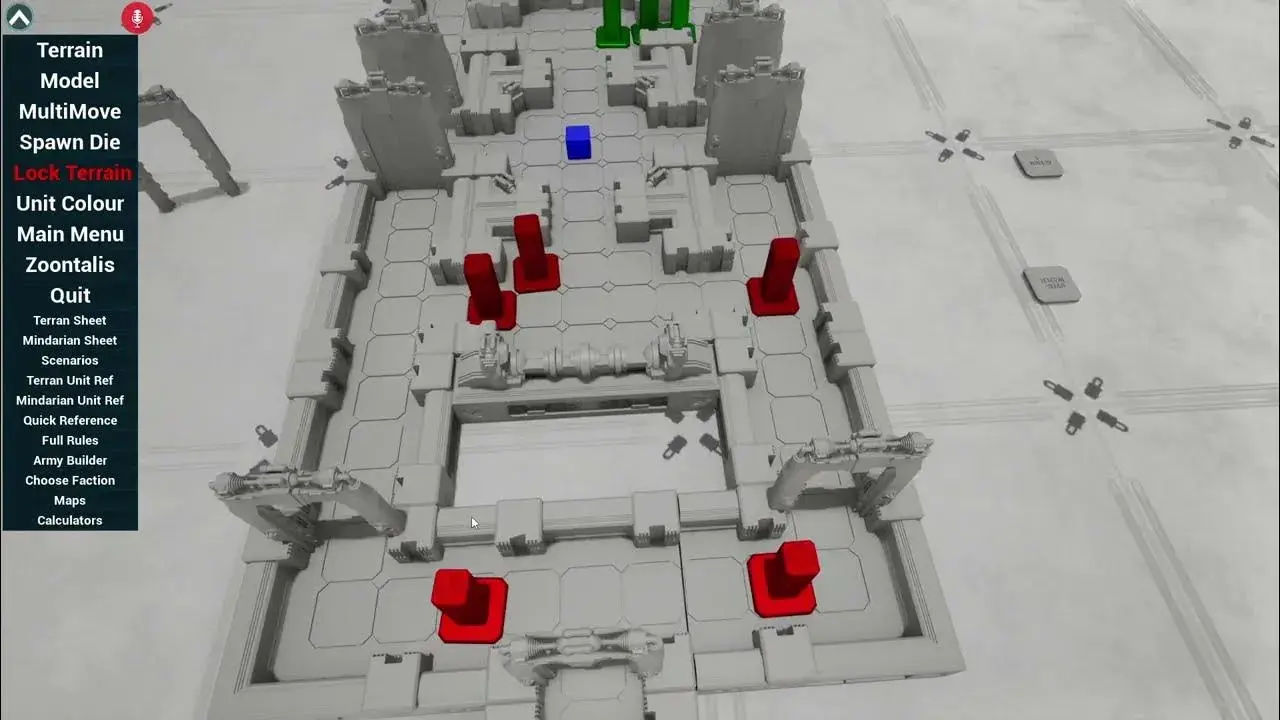

https://publicknowledge.org/eu-court-when-you-buy-software-you-own-it/
The EU has already taken care of it.
The Court of Justice of the European Union found that a
copyright owner exhausts the right of distribution to a copy of a computer
program once he sells, or authorizes the sale of, the copy. This means that whoever purchased the
computer program can resell it and the copyright holder cannot control the
resale of the copy. The Court found that
this exhaustion principle applies whether the copy is on a tangible medium like
a CD-ROM or DVD or an intangible download from the Internet, and it also
applies to corrected and updated programs that the copyright owner sells. Furthermore, the Court made clear that contract
clauses that deny the customer the right to transfer his copy of the computer
program are void.






Yes, like refunds it’ll probably get sorted the first time someone’s estate with a bit of money tries to will it to someone and then they take Valve to court/make a complaint to the EU.